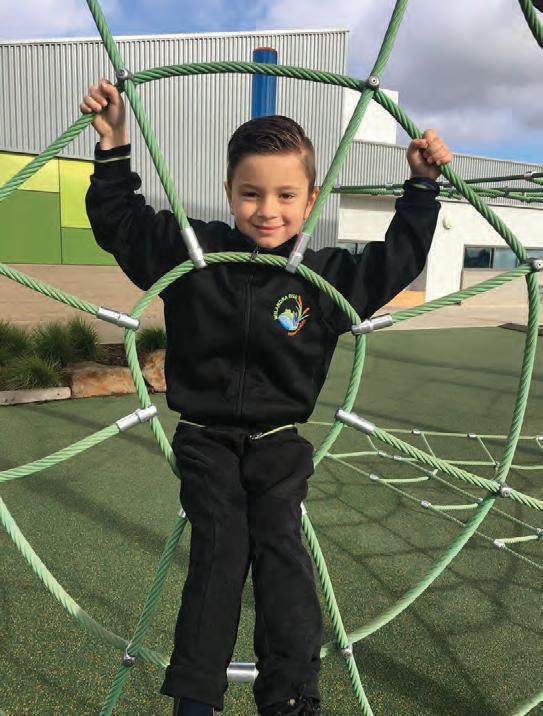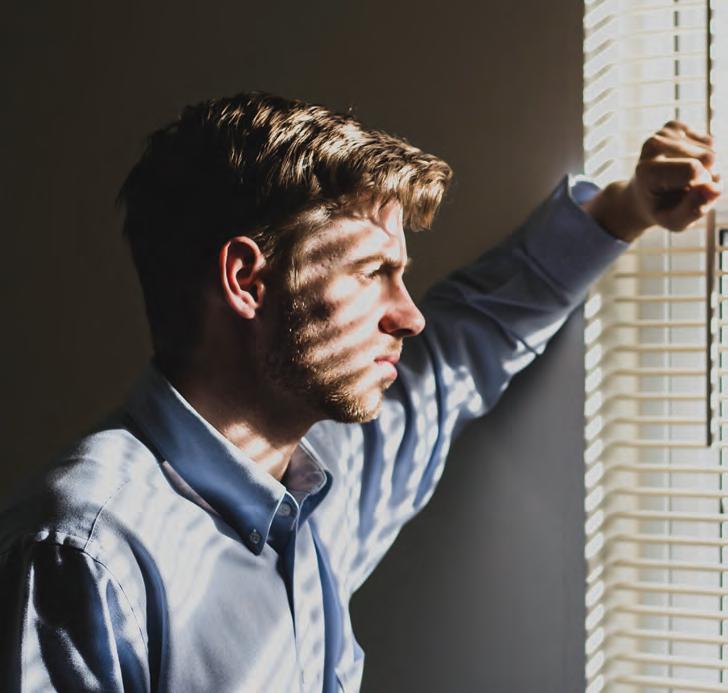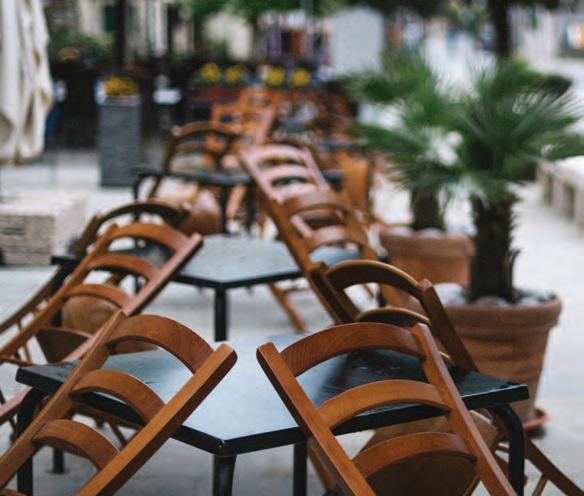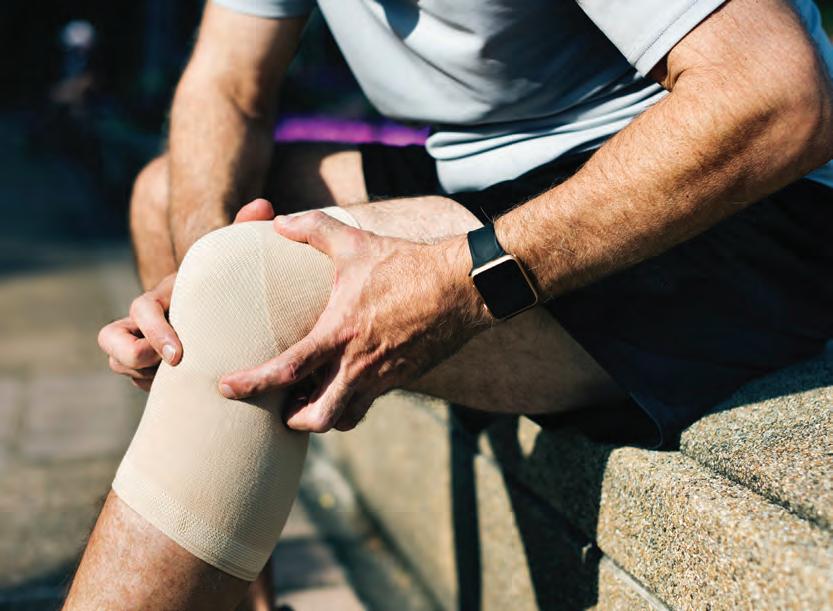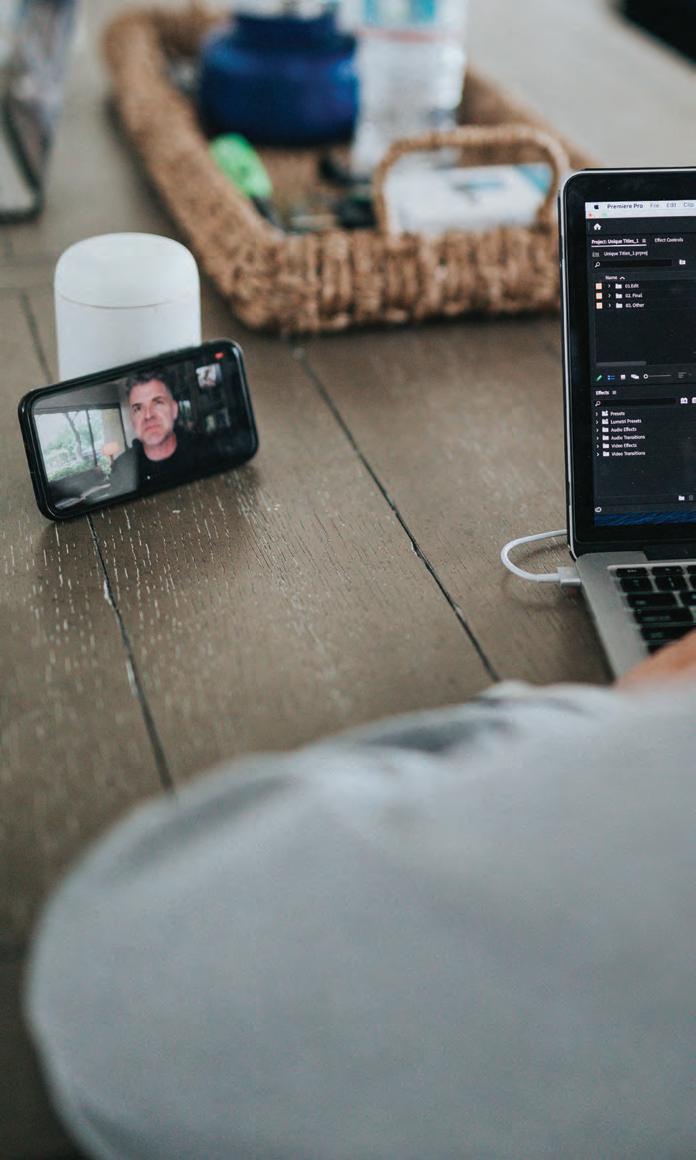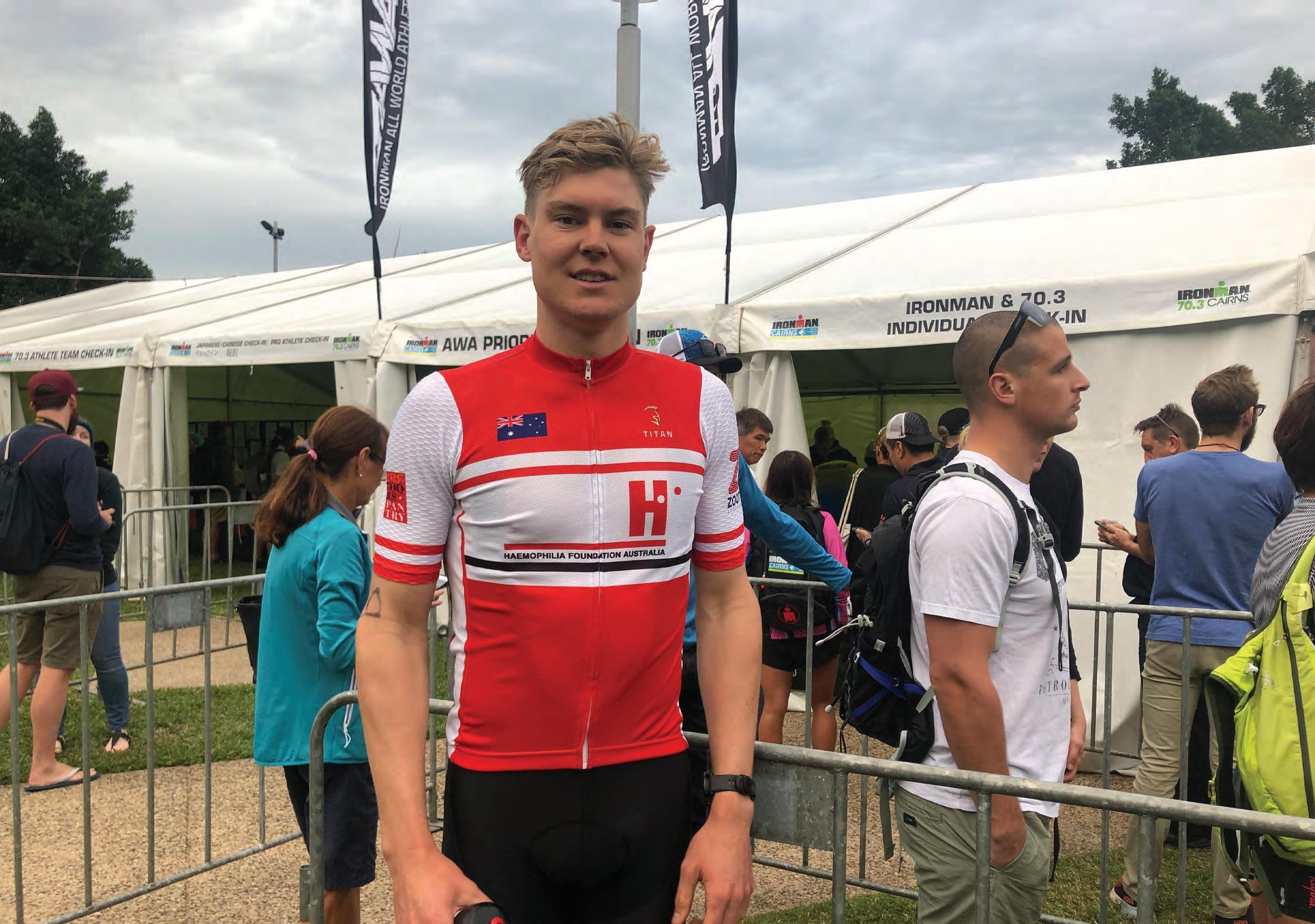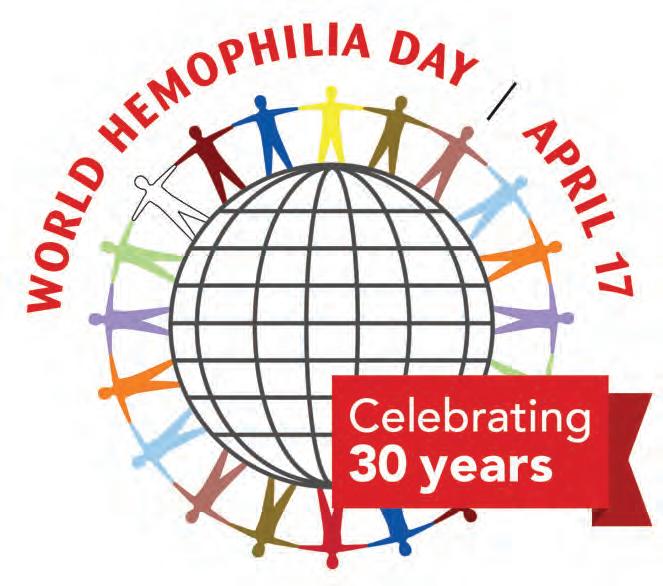There are many other reactions you may have been experiencing, which are normal responses to this abnormal situation. Very few people living have experienced a worldwide pandemic such as this one and those that were around 100 years ago, when the Spanish influenza epidemic took place, were quite little and so don’t have many memories of it. We are now well connected world-wide and daily have been hearing the stories both here in Australia and overseas about the impact of this pandemic, with updates daily on rates of infection and rates of death. We have been physically disconnected from our friends and family. Plans have changed, the way we work has changed. Most importantly, every day there are changes as this situation is ‘ever evolving’. It has disrupted our sense of safety and control and our assumptions about the world we live in.
• 28% had been drinking alcohol on their own more often
WHAT CAN WE DO ABOUT IT?
• abuse and violence
• 24% had started drinking alcohol and ended up drinking more than they thought they would have • 20% reported having started drinking alcohol earlier in the day Alcohol and drugs are not helpful strategies to assist with coping skills. They instead create additional challenges and stressors – including financial concerns, health impacts, relationship difficulties (including increased risk of violence and abuse) and sometimes legal issues, to name a few. Other less helpful strategies include:
• activities which cause harm to yourself We don’t need to be passive participants in this environment. We all have skills and strategies that we can turn to which will assist us during this time, and as things keep changing. One thing I have seen over my time as a Social Worker working in the bleeding disorders community is that most people have developed skills in resiliency which can and are being utilised at present. Some of the strategies are helpful and some are less helpful and can lead to increased difficulties if we rely on them. Let’s start with the less helpful.
• over-eating/undereating/eating foods that are ‘sometimes’ foods all the time (eg, bingeing on chocolate daily). These strategies essentially lead you away from the life that you want to live and have additional consequences that cause harm either to yourself or others and do not improve the things causing you stress.
LESS HELPFUL STRATEGIES Using alcohol and drugs (including misuse of prescription medication) to cope. The Foundation for Alcohol Research and Education (FARE) reported on a national poll by YOUGov Galaxy in April 2020, that one in five (20%) of households reported buying more alcohol than usual since the COVID-19 outbreak in Australia. In households where more alcohol was purchased than usual: • 70% reported drinking more alcohol than usual since the COVID-19 outbreak in Australia • 32% were concerned with the amount of alcohol either they or someone in their household is drinking • Over a third (34%) said they are now drinking alcohol daily • 28% reported drinking alcohol to cope with anxiety and stress
>> 19
200601 HFA_journal-Jun_2020_final.indd 19
10/6/20 11:33 am


